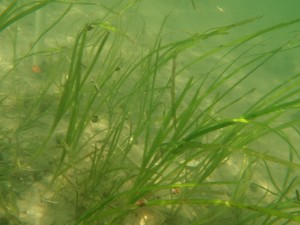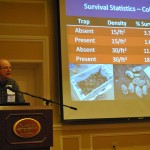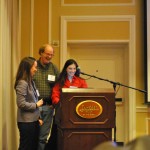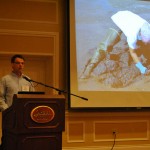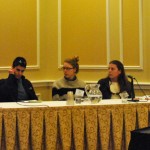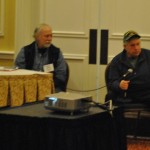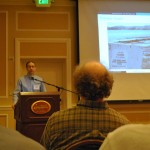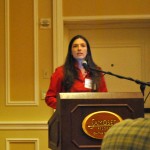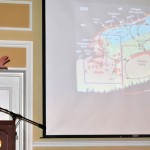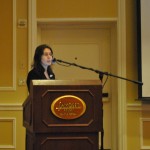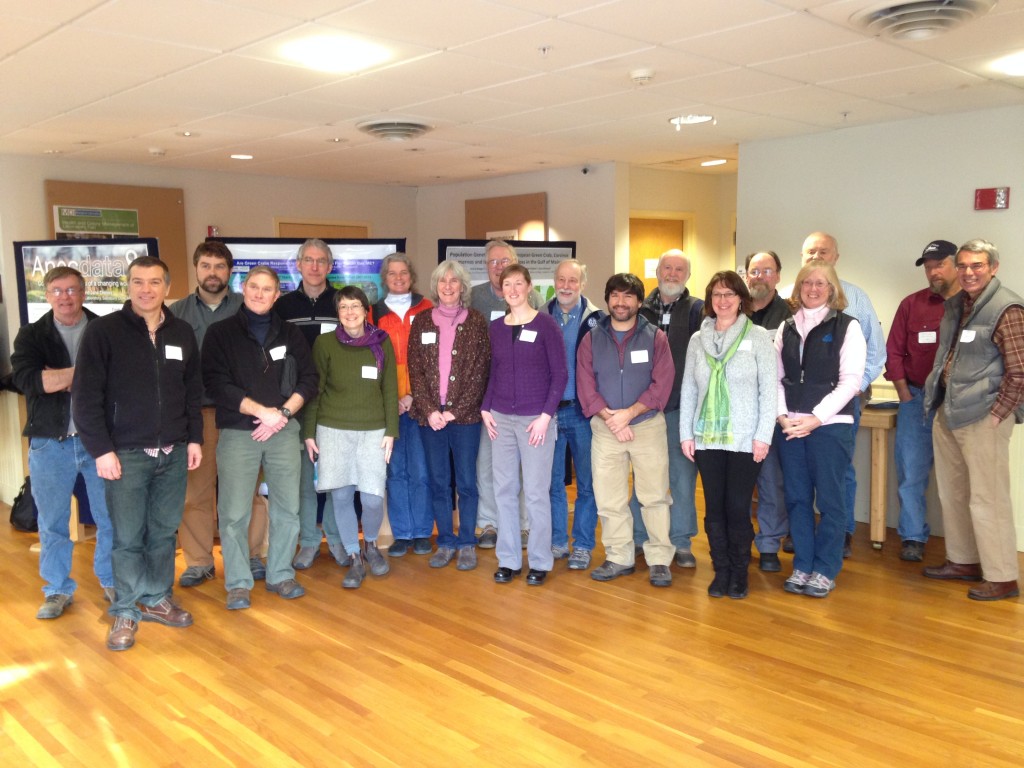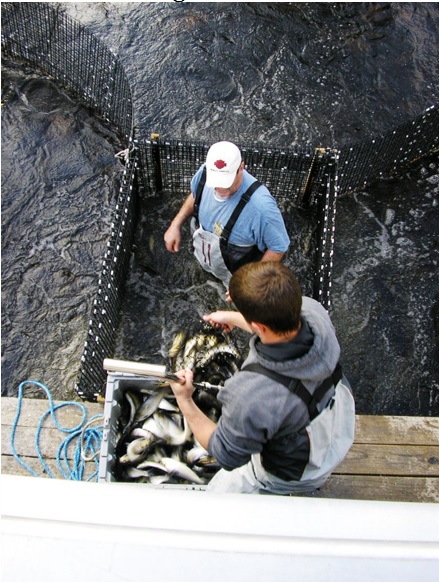The Downeast Salmon Federation (DSF) is looking for people with an interest in recreational smelt fishing, natural history buffs and/or citizen scientists, to help collect data on the health of the sea-run smelt population, and help identify smelt habitat, in Downeast Maine. This project extends all the way from Stonington to the St. Croix, so we are inviting people anywhere in that region to participate in monitoring streams near where they live. Recreational smelt anglers can provide information on the health of this fishery by making a few simple observations while out smelting.
There are hundreds of smelt streams in our area, and any one person would find it impossible to check all of them for spawning smelts. That is why we are reaching out the community to help collect as much information as we can, so we can stay up to date on the health of our Downeast smelt population.
A decline in sea-run smelt numbers the past couple of years pushed the Department of Marine Resources to implement an emergency closure to the fishery in 2014, and resulted in changes to regulations on recreational smelt harvests this year. It is important to collect information on our local smelt populations to ensure they are healthy, and to keep regulations appropriate for this region. Visit the Maine Department of Marine Resources website for more information on sea-run smelt fishing regulations at www.maine.gov/dmr/smelt.
The Downeast Salmon Federation is a community-based, non-profit fisheries conservation organization focused on maintaining sea-run fish, improving and protecting habitat, and securing public access to streams and rivers. Therefore, if you have a favorite smelt stream, and are interested in participating in our smelt stream surveys, or supporting us in other ways, please contact us at our hatchery facilities in East Machias (255-0676) or Columbia Falls (483-4336) or via e mail (info@mainesalmonrivers.org). We will also be offering informative trainings for interested smelt survey participants. Please use the contact information above to find a training nearest you.



